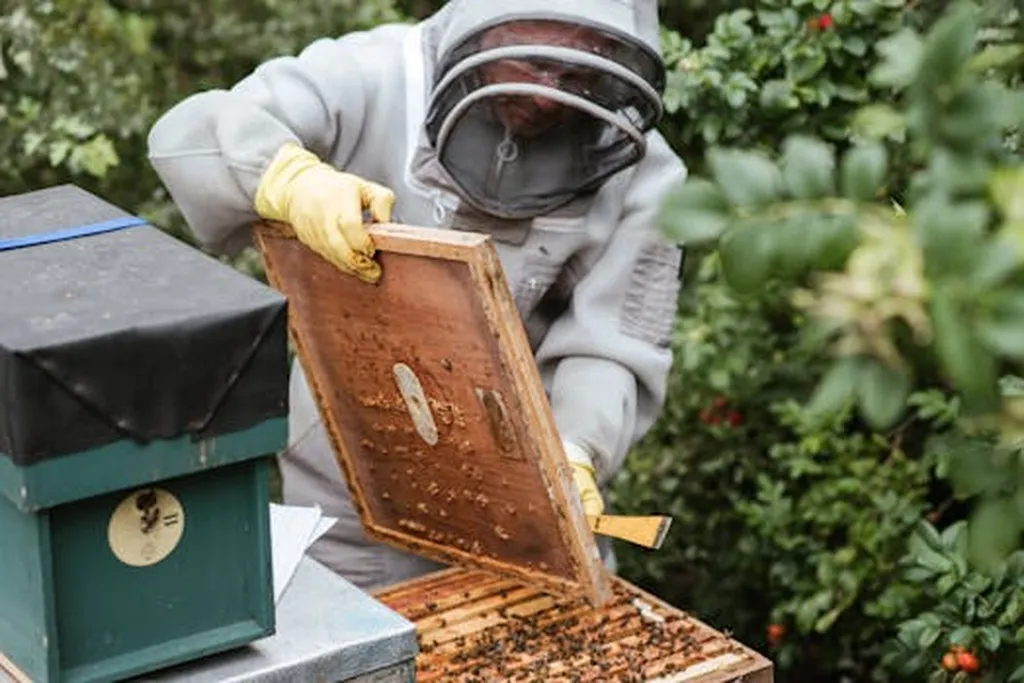In the ever-evolving landscape of agricultural technology, a promising avenue for sustainable pest control is gaining traction: baculoviruses. These naturally occurring viruses are emerging as powerful allies in the fight against crop-destroying insects, particularly those in the order Lepidoptera, which includes moths and butterflies. A recent review published in the journal *Viruses* sheds light on the potential, challenges, and market dynamics of baculoviruses as microbial pesticides, offering insights that could reshape integrated pest management (IPM) strategies worldwide.
Maider Martínez-Balerdi, lead author of the study and a researcher at Bioinsectis SL in Spain, explains, “Baculoviruses are highly specific to their hosts, which means they target only the pests we want to control without harming beneficial insects or the environment.” This specificity is a game-changer in an industry increasingly focused on reducing the ecological footprint of agricultural practices. Unlike broad-spectrum chemical insecticides, baculoviruses leave non-target species unharmed, promoting biodiversity and supporting long-term ecological balance.
The review highlights significant advancements in mass production systems, both in vivo and in vitro, which are crucial for scaling up the production of baculovirus-based pesticides. Innovations in formulation technologies, such as UV protectants and microencapsulation, are also enhancing the field efficacy and environmental persistence of these biological control agents. “These technological advancements are making baculoviruses more viable for large-scale agricultural use,” Martínez-Balerdi notes, pointing to a future where these microbial pesticides could play a central role in global IPM programs.
However, the path to widespread adoption is not without challenges. Regulatory frameworks vary significantly across regions, with some countries, like those in Latin America and Asia, having more supportive policies, while others, such as the European Union, maintain stricter regulations. This disparity can hinder the global market potential of baculovirus-based products. Additionally, issues like host resistance and the limited spectrum of action pose ongoing challenges that researchers and industry stakeholders must address.
Despite these hurdles, the global market for baculovirus-based products is growing. The review underscores the commercial potential of these microbial pesticides, highlighting recent growth and the development of new formulations. As the agricultural industry seeks sustainable alternatives to chemical insecticides, baculoviruses are poised to become a key player in the market.
The research published in *Viruses*, which translates to “Viruses” in English, offers a comprehensive overview of baculovirus biology, infection mechanisms, and ecological compatibility. By synthesizing findings from scientific literature and industry reports, the review provides a roadmap for the future of baculovirus-based pest control. As Martínez-Balerdi and her colleagues at Bioinsectis SL continue to push the boundaries of this technology, the agricultural sector stands to benefit from more sustainable, effective, and environmentally friendly pest management solutions.
In an era where the demand for sustainable agriculture is at an all-time high, baculoviruses represent a beacon of hope. Their potential to reduce pesticide residues and minimize environmental impact could revolutionize the way we approach pest control, paving the way for a greener, more sustainable future in agriculture.

